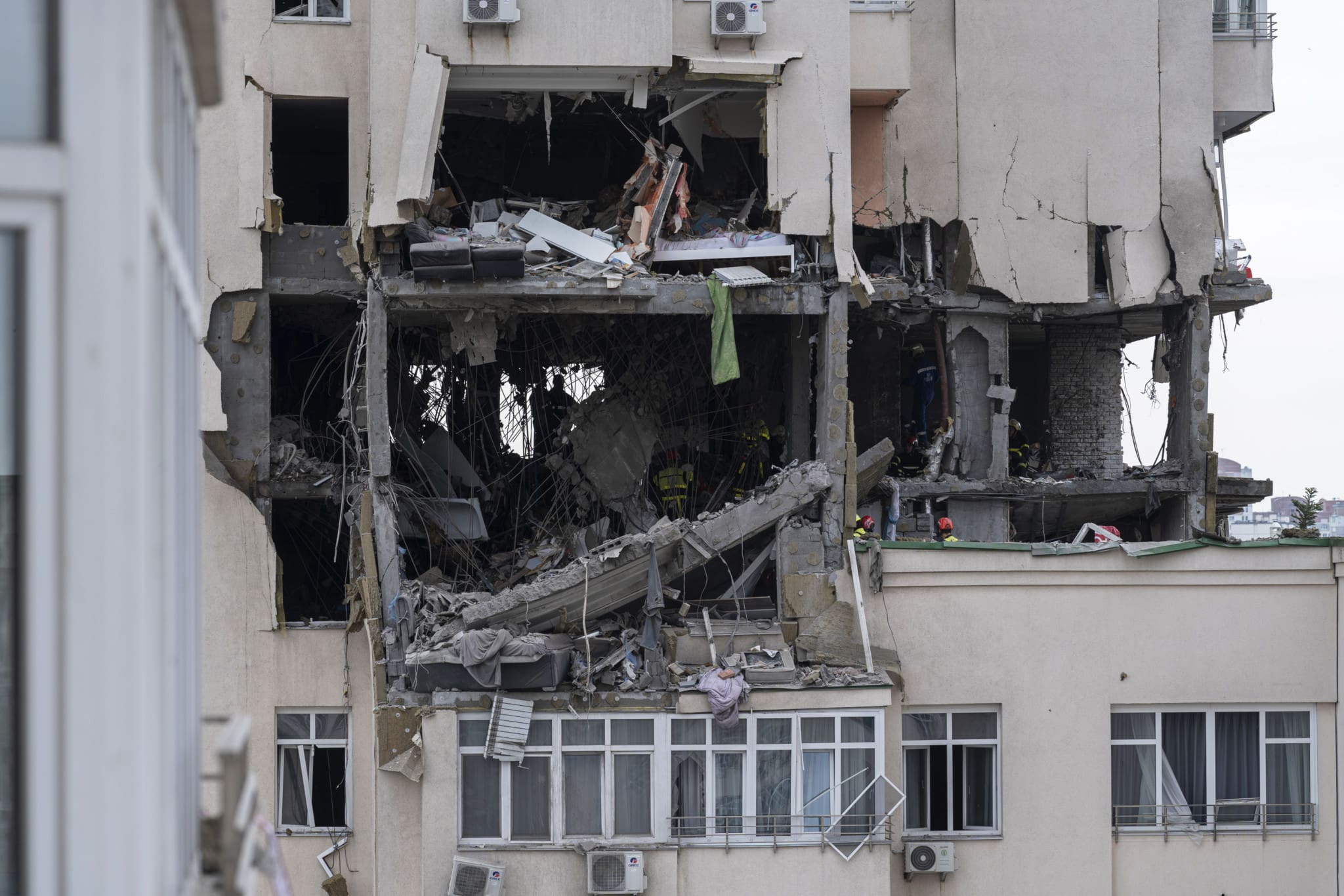Germany is leading the charge against plans proposed by the European Commission to use the funds from frozen Russian assets to assist with the reconstruction of Ukraine after the conflict.
EC President Ursula von der Leyen announced the plans to redistribute the profits generated by Central Bank of Russia assets worth an estimated €200 billion to help rebuild Ukraine during a conference in London on Wednesday, hinting a firm proposal would be submitted for consideration this summer.
However, critics of the plans, including the European Central Bank (ECB), have warned that such a move “might raise risks of undermining the legal and economic foundations on which the international role of the euro depends.”
And Germany, too, considers the plans to be unworkable. According to a German foreign ministry official, as cited by the Financial Times, Moscow “will have to pay for the damage it has caused in Ukraine,” but they insisted that using the profits of frozen Russian assets to assist with this raises “complex financial and legal issues.”
Another federal government official expressed concern that such a move would set a precedent for other nations seeking compensation for damage incurred during a conflict, namely Poland, which has long been demanding a compensatory package from Berlin due to its devastating loss of infrastructure and the subsequent cost to rebuild the country following World War II.
A further source claimed that German Justice Minister Marco Buschmann had analyzed the preliminary plans put forward by Brussels and considers them to be “legally invalid.”
The Baltic nations in addition to Poland, some of Kyiv’s fiercest allies, are all for the plan, with Latvian Prime Minister Krišjānis Kariņš telling attendees of the conference in London that “a way must be found to mobilize these assets to offset the cost of reconstruction.”
Other EU member states including France, Italy, Luxembourg and Portugal have all reportedly expressed doubts about the viability of the plan, although French Foreign Minister Catherine Colonna said the bloc should explore similar proposals to ensure that Moscow pays for the damage it has caused.
Such a move would see Brussels follow Ottawa’s lead after the Canadian government announced its intention in December last year to permanently confiscate assets held by Russian oligarch Roman Abramovich, namely a company called Granite Capital Holdings, which has an estimated worth of €24 million.
“If forfeited, the proceeds that are generated will be able to be used for the reconstruction of Ukraine and compensation to victims of the Putin regime’s illegal and unjustifiable invasion,” read a statement from Canada’s Minister of Foreign Affairs Mélanie Joly at the time.
Another Western ally, the United Kingdom, has vowed to introduce legislation that will enable the government to retain all frozen Russian assets until Moscow has satisfied its demand to compensate Ukraine for the damage caused by the war.





